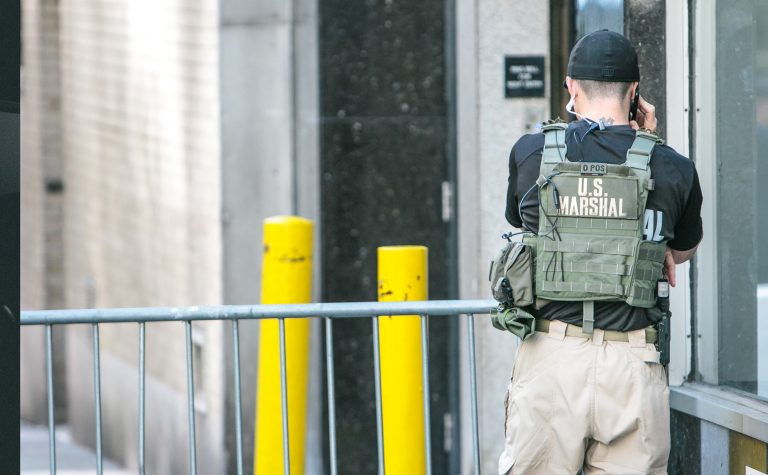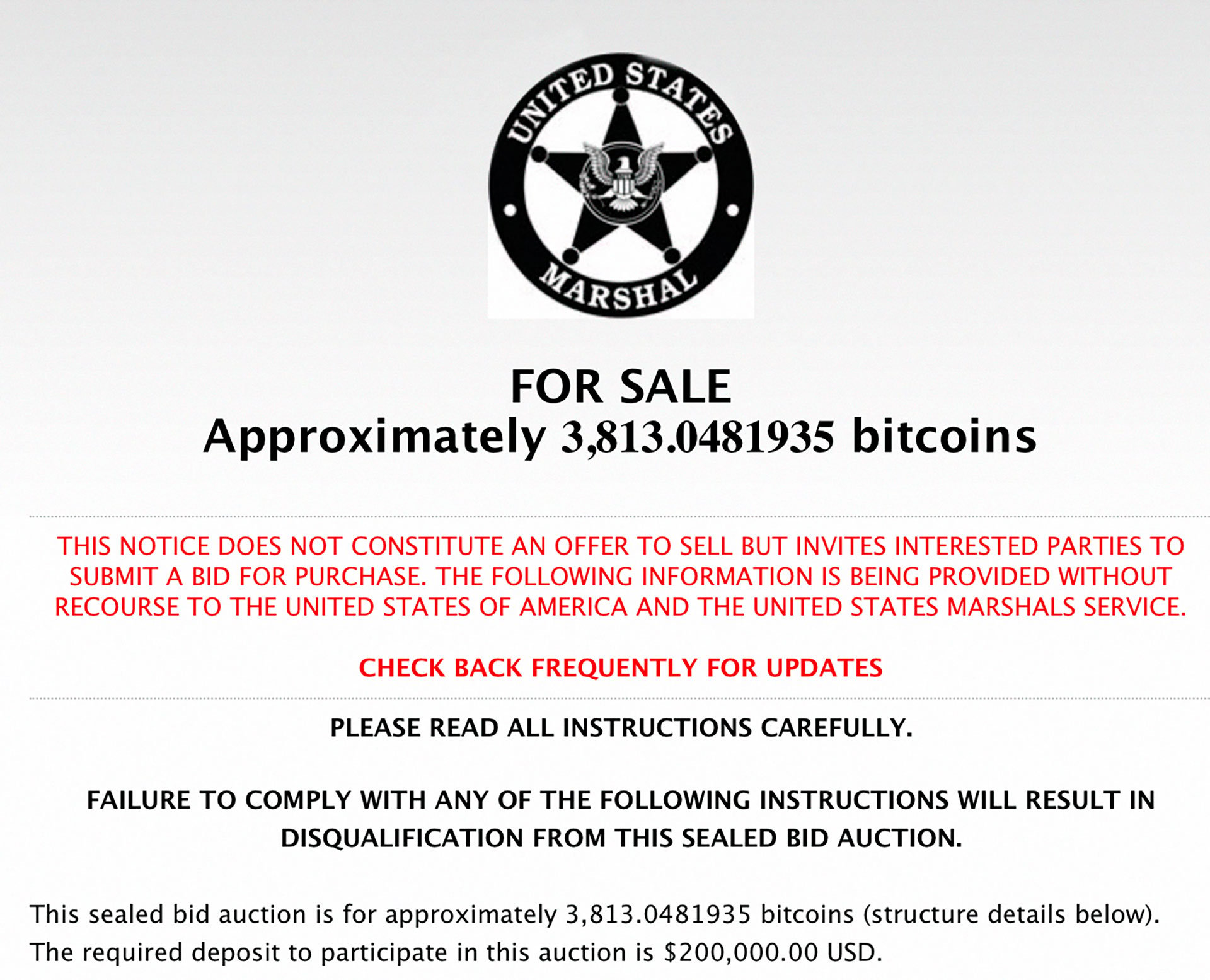
Last month, the U.K. police auctioned off roughly $300,000 worth of cryptocurrencies after they were confiscated by the country’s Eastern Region Special Operations Unit (ERSOU). Since 2014, law enforcement agencies worldwide have been auctioning large sums of bitcoin seized during investigations. For some reason, governments don’t want the digital assets used in crimes and entities like the U.S. Marshals have auctioned thousands of bitcoins. In contrast to the governments looking to unload confiscated digital assets, there have been many types of investors interested in bidding for seized coins.
Also read: Venezuela’s Central Bank Indicates Plans to Stockpile Bitcoin
US Marshals Have Sold Hundreds of Thousands of Confiscated BTC by Auction
After law enforcement agencies arrested Ross Ulbricht and took down the Silk Road, the U.S. government became one of the 10 largest bitcoin holders in 2013. When the Silk Road went offline, U.S. Marshals had a total of 173,000 BTC seized from the investigation, and not too long after, the agency announced they would be auctioned. At the time, many bitcoiners watched the confiscated Silk Road bitcoins move to two different addresses where they were stored prior to the auction. The first address had close to 30,000 BTC and it still holds 20 BTC at the time of publication. The U.S. government’s other former whale wallet held 144,000 BTC and there’s still 0.30 BTC in the coffers. Additionally, the wallets were marked by the U.S. Marshals in two notes that said “Silk Road Seized Coin” and “DPR Seized Coins.” The Marshals’ spokesperson at the time, Lynzey Donahue, told the press that the government agency was “moving the Bitcoin in preparation for a sale.”

The first auction



